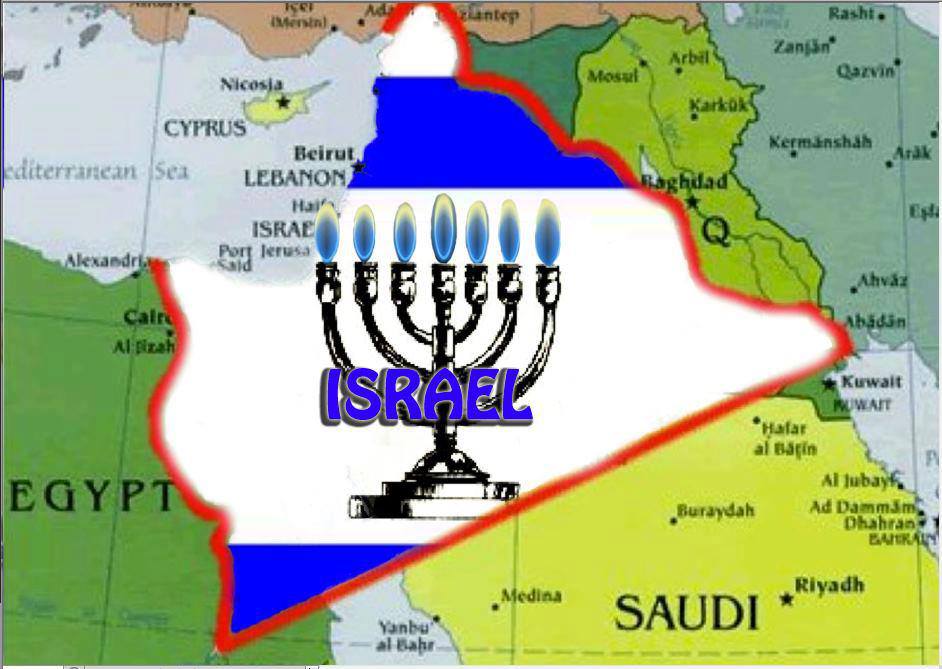Rabbi Nachman Kahana
‘I will extend peace to her like a river, and the wealth of nations like a flooding stream…You will drink their wealth, and as a mother comforts her child, so will I comfort you, and you will be comforted over Jerusalem…’
In this passage, the prophet Isaiah cites the word comfort three times in one verse. I understand that Hashem’s intention is to bring comfort, solace, cheer, contentment, and inspiration to the exiled Jewish nation by restoring our presence in the holy land and in its spiritual center of Yerushalayim on three different occasions. If so, what are the differences between these three historical episodes of redemption and comfort?
In parashat Bechukotai (Devarim chapter 26:42), the Torah states the paragraphs of the tochacha (reproach, admonition, and exhortation) that set before Am Yisrael, what their fate would be if they sin.
Among the verses is the following reaffirmation of the eternal commitment between the Creator and His creations–
‘And I shall remember my covenant with Ya’akov, and also my covenant with Yitzchak, and also my covenant with Avraham, and I shall remember the land’.
There are blatant difficulties with this verse:
What is the verse reaffirming Hashem’s eternal commitment to Am Yisrael doing in the paragraphs of the threatening tochacha?
Why do the names of the forefathers appear in reverse order rather than the chronological order Avraham, Yitzchak, and Ya’akov?
The theme of this verse is the covenant between Hashem and the Jewish nation, so why is the ‘land’ mentioned, and in such an incidental manner?
I submit that word ‘briti’ (my covenant) in this passage refers to the sign of the covenant – brit milah (circumcision) embedded in the flesh of a Jewish male.
Avraham’s grandson Ya’akov was born miraculously ‘mahul’ (circumcised), without the need for a surgical act.
Avraham’s son Yitzchak experienced a rather ‘conventional’ brit on the eighth day of his life according to the standard halakhic requirements.
In contrast to the above, the brit of father Avraham was neither miraculous nor conventional, but rather a painful and even life-threatening procedure that occurred when Avraham was at the advanced age of 99 years old. In parashat Vayeira, Hashem even appears to Avraham on the most painful third day of the brit. Hence, the verse records the three covenants (britot) in the order of their desirability – the miraculous of Ya’akov, the conventional of Yitzchak, and last, the one of Avraham beset with great difficulties and physical pain.
The verse ends with a reference to the ‘land’ (‘and I shall remember the land’) which will be similar to the three ‘britot’ of our forefathers, as follows:
The Jews entered Eretz Yisrael three times as a nation.
The first was under the leadership of Yehoshua bin Nun, which transpired through miracles – the crossing of the Jordan River, the victory at Jericho, and subsequent miraculous victories over the following seven years. This entrance to the holy land was parallel to the miraculous covenant of Ya’akov as stated above.
The next time we entered the land was seventy years after the destruction of the First Temple with Ezra and Nechemia who built the Second Temple. This was not a period of miracles, since our return was ratified and endorsed and even initiated internationally through a charter granted to the Jewish nation by Cyrus, King of Persia. This parallels the covenant of Yitzchak, which was performed in the conventional manner.
The third time we returned to Eretz Yisrael is the current historical period, paralleling the covenant with Avraham. He was advanced in years, and we too are an ancient people. It was a very painful experience for Avraham, and our return today is beset with strife and pain.
After 2000 years of wandering in the galut, and after the crucible of the Shoah, and 75 years of statehood, and many wars, one could hope for serenity and peace within Jewish life. However, we know that Hashem’s agenda for our nation does not stop with merely a thin strip of land at the eastern end of the Mediterranean Sea.
The destiny of our nation – the only real ‘manifest destiny’ which has ever existed – is the re-establishment of a Torah society within the borders stated in the Torah from the Euphrates to the Nile. A society governed by Halacha under the Sanhedrin whose seat will be in the Bet Hamikdash, where kohanim and levi’im will serve and the Davidic monarchy is restored.
In such a pure Jewish society, there will be no place for a foreign people who claim ownership or even partnership in the Holy Land.
